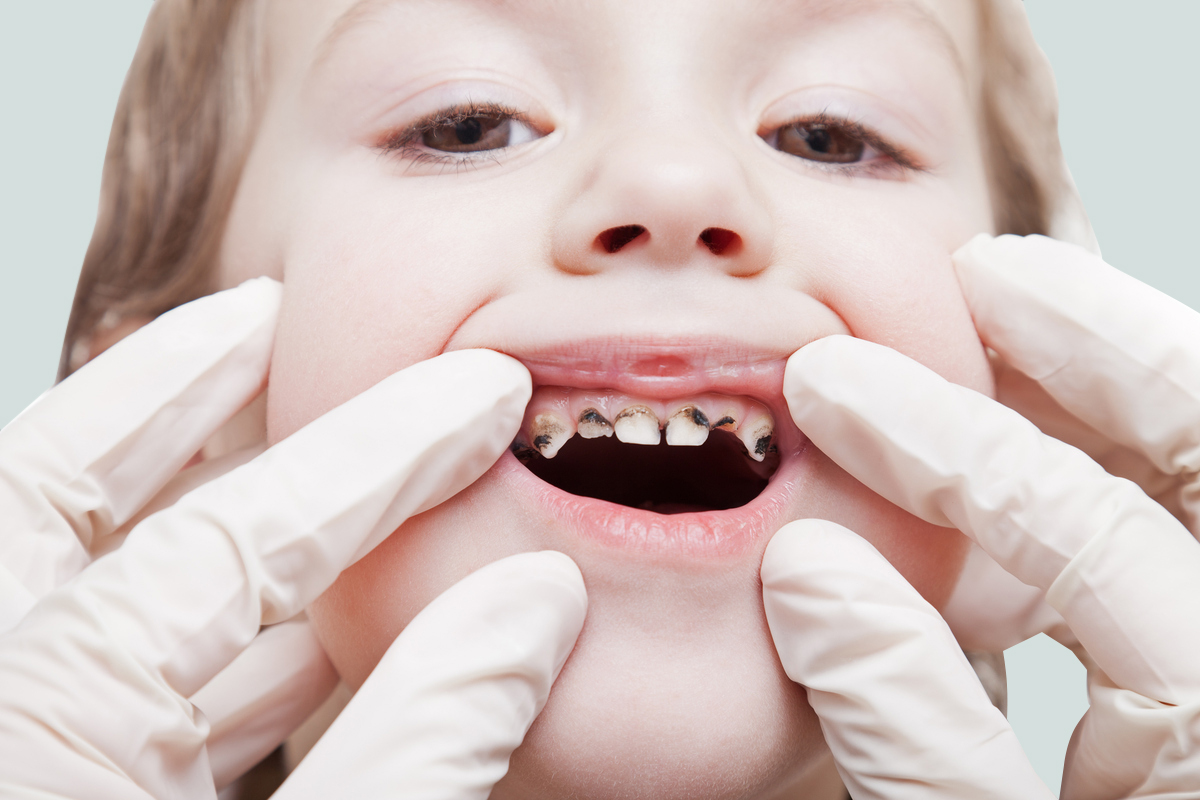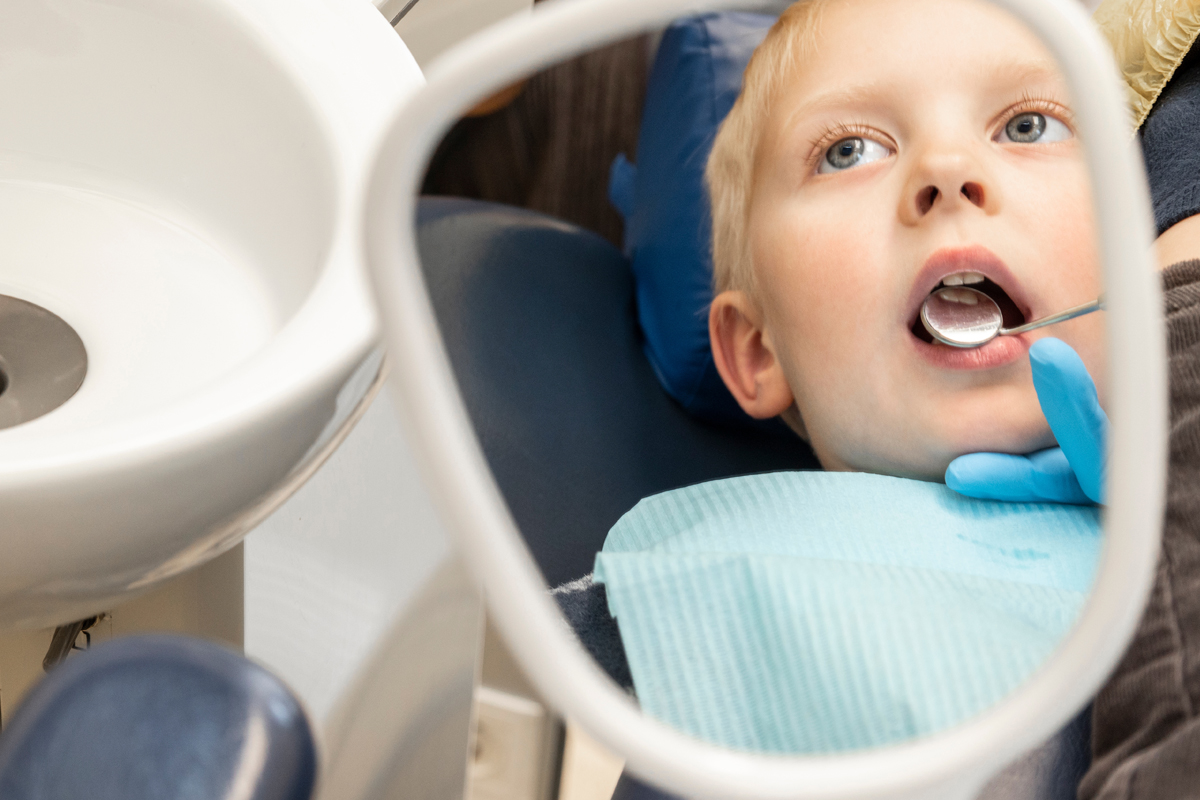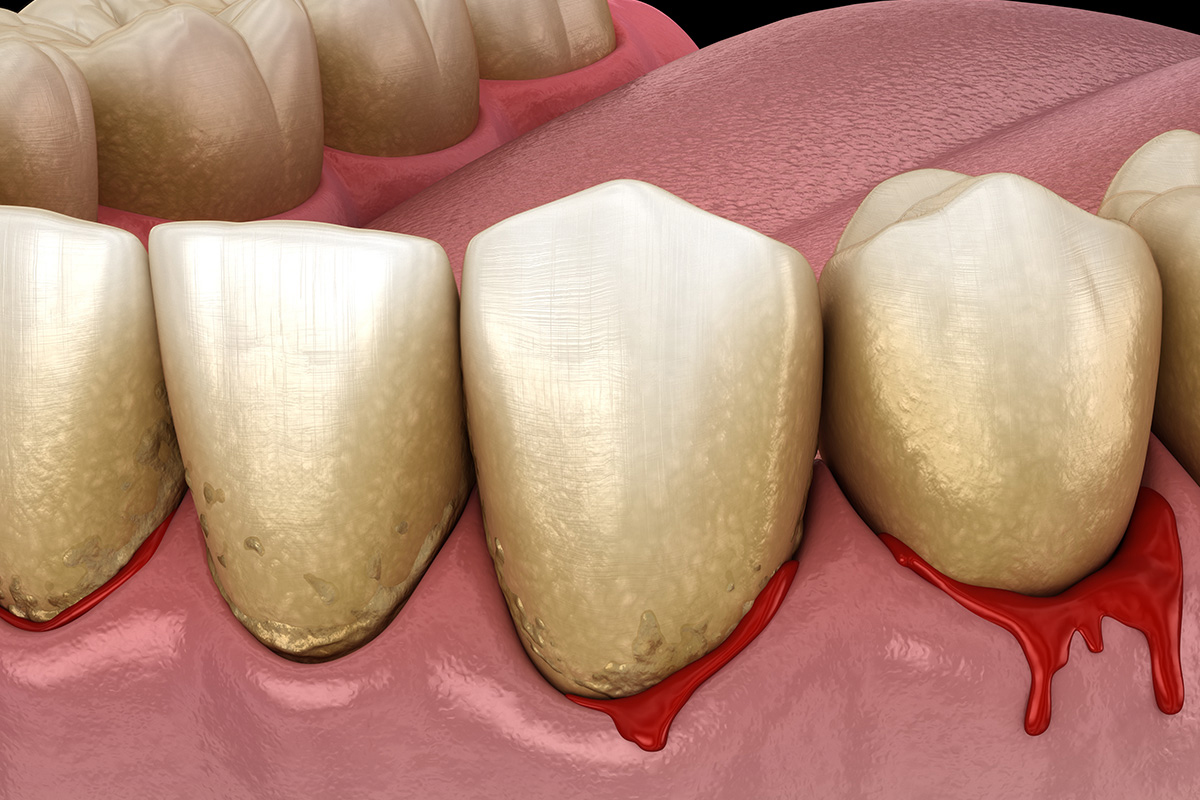Spokane Valley:
(509) 228-3834

Is It Possible To Heal A Cavity At Home?
It starts as a small twinge—a hint of sensitivity or a faint discoloration. Before you know it, you’re Googling “Can I heal a cavity at home?” The internet is filled with DIY solutions, miracle oils, and mineral-rich toothpaste claims. But here’s the burning question: Is it actually possible to heal a cavity without a trip to the dentist?
Let’s dive into the facts, explore what works, and expose what doesn’t—because your smile deserves the truth.
Understanding Cavities: What’s Actually Happening?
Cavities form when the enamel (the hard outer layer of your tooth) is eroded by acids produced by bacteria. This process—called demineralization—leaves your teeth vulnerable to decay, holes, and eventual pain or infection.
Once a cavity breaks through the enamel into the dentin (the softer layer beneath), it usually requires professional treatment. But in its earliest stages, there might be some wiggle room.
Early-Stage Decay Against Full-Blown Cavities
To set the record straight, you cannot reverse a deep cavity at home. However, early-stage demineralization can potentially be stopped or even reversed with proper oral care and diet.
Signs of early-stage decay:
- White spots or chalky patches on teeth.
- Mild sensitivity to hot, cold, or sweet.
- No pain or visible hole yet.
Natural Ways to Support Tooth Remineralization
If you catch it early, here’s how you may strengthen your enamel and support your oral health:
- Use Fluoride Toothpaste: Fluoride can help rebuild weakened enamel and is scientifically proven to slow or reverse early decay.
- Eat Mineral-Rich Foods: Include calcium, phosphorus, and magnesium in your diet (found in dairy, leafy greens, nuts).
- Avoid Sugary & Acidic Foods: Sugar feeds cavity-causing bacteria, while acids wear away enamel.
- Drink Water Frequently: Especially after meals, to rinse away food particles and reduce acid.
- Maintain Good Oral Hygiene: Brush twice daily and floss once a day to minimize plaque buildup.
According to the CDC, over 90% of adults have had at least one cavity, yet many are preventable through early detection and daily care.
What Doesn’t Work (Despite Popular Belief)
There’s a lot of misinformation floating around online. Here’s what to avoid:
- Oil Pulling Alone: Swishing coconut oil may reduce bacteria slightly, but won’t reverse a cavity.
- DIY Charcoal or Abrasive Toothpastes: These can wear down enamel instead of strengthening it.
- Essential Oils as a Cure-All: Some oils, like clove have antibacterial properties, but they are no substitute for real treatment.
When Is It Time To See a Dentist?
Even if your cavity is small or painless, don’t skip professional care. A children dentist in Airway Heights can:
- Spot decay before it gets worse.
- Recommend effective remineralizing agents.
- Apply fluoride varnishes or sealants.
- Fill cavities before they cause serious damage.
So, Can You Heal a Cavity at Home?
The short answer: only if it’s in its very earliest stages. While certain lifestyle changes and good oral hygiene can support enamel remineralization, established cavities won’t go away without professional intervention.
Think of at-home care as your defense, not your cure.
If you suspect a cavity, don’t wait. Early action can mean the difference between a small fix and a root canal. When in doubt, always consult our dentist—because your oral health is too important to leave to guesswork.





